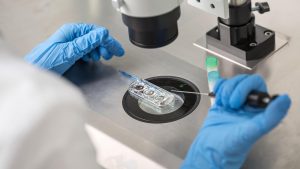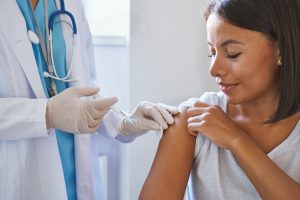Did you know that the cause of over 50% of miscarriages remains unidentified? This can be an exceptionally traumatic and distressing time for couples who have been trying to fall pregnant and to not be able to identify the reason behind the early pregnancy loss only adds to the frustration.
A recent study published in the journal of Clinical Chemistry could give many couples the answers they need and could also potentially give them a solution. The study has revealed that a man’s sperm quality may be the reason why some couples suffer from unexplained recurrent miscarriage.
Scientists found that the sperm of men, whose partners suffered from recurrent miscarriage had higher levels of DNA damage than normal, in fact they found that the amount of DNA damage was twice as high compared to men whose partners didn’t suffer from recurrent miscarriage.
DNA damage can be caused by environmental factors such as smoking, alcohol, pesticides and chemicals, drugs and chemotherapy. It can also be caused by genital tract inflammation, hormones and testicular hyperthermia, which is caused by increased scrotal temperatures (e.g. hot baths, saunas, laptop computers and prolonged periods of driving).
Simple lifestyle changes can have a considerable impact on the health of your sperm and depending on the underlying cause of your elevated DNA fragmentation, something as simple as diet, quitting smoking and cutting back on the alcohol can improve the quality of your sperm.
Fertility First has recognised the importance of sperm health when it comes to fertility and healthy pregnancies and has been testing for sperm DNA damage in patients since 2006.
Our clinic will perform routine testing on all our male patients, including potential donors before fertility treatment commences to give you the best chance of being able to achieve a healthy pregnancy.
For more information on DNA fragmentation testing or our donor sperm program, please contact our clinic on (02) 9586 3311 and speak to one of our friendly staff members.






